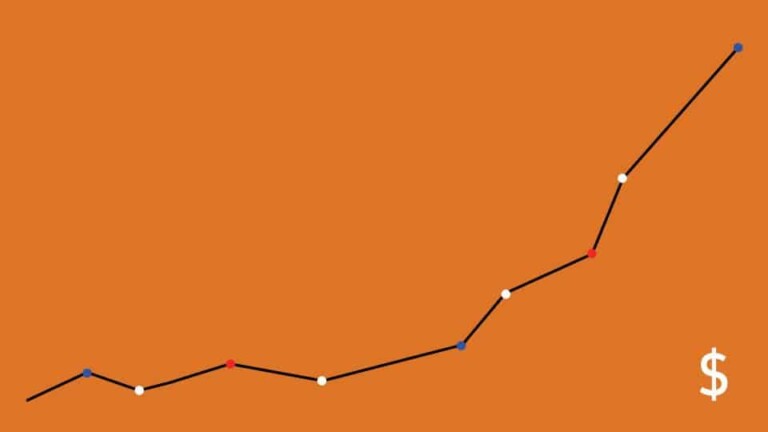Razorfish just launched operations in Brazil. We interviewed Fernando Tassinari, General Manager of Razorfish in Brazil. Tassinari has interesting views about the development of the Brazilian and Latin American digital sectors and what stands in the way of it: namely the commissions broadcasters pay to agencies for the business they place with them – also called BV (Bonificação por Volume).
Portada: Do you have an estimate for the size of the Brazilian online advertising market?
Fernando Tassinari: “According to information from Projeto Inter-meios, the internet was the medium with the biggest growth in 2009. It grew by 25.16% compared to 2008. In the last year, the online advertising investment reached R$ 950.4 millions – or US$ 523.492 millions – which means that digital media accounted for 4.27% of the total marketing budget of Brazil. Research by Ibope reveals that in 2009, 67.452 million Brazilians accessed the web.
According to information from Anatel, the Telecommunications Agency of the Brazilian Governement, Brazil surpassed the mark of 180 million cell phone and 3G modem devices in April 2010. It is expected that in 2013 Brazil will have 300 million mobile access.”
Portada: How is digital media bought in Brazil as opposed to other parts of Latin America and the U.S?
Fernando Tassinari: “In Brazil, there is a practice that unfortunately was imported from the offline market, called the BV (Bonificação por Volume), that consists in a bonus the broadcaster pay to the agencies according to how much money they invested in them. It's a legal practice and there is nothing we can do or say against it, only that it's an incentive for agencies to drive their investments for advertising instead of increasing in other digital projects.
We think this is not a transparent practice with the clients' money, because it not necessarily means the agencies are investing their money in what is the best option in terms of return and reaching the audiences. And is important to notice that this kind of commission is also a common practice in Mexico.
We also believe this is one of the most important reasons behind the fact that digital budgets are so small in Brazil and Mexico, compared to TV. Historically, the TV channels were always the number one choice of media planners, but who would want to shift this status quo, having in mind the broadcasters have always paid the biggest commissions?
Besides that, another crucial difference in Brazil is that media bureaus are illegal. With that happening, the broadcasters enhance their power and influence, because the media departments of the agencies have to negotiate directly with them, without anyone to intermediate the process or negotiate better discounts.”
Portada: What do you think about the talent pool available in Brazil to work with digital media?
Fernando Tassinari: “I think we do have enough good professionals right now but all of them are already working in agencies. Conventional agencies have been hiring digital professionals from digital agencies which is increasing the salary level in the short term but in the end of the day this is not their core business so sometimes the professionals, even getting lower salaries, decide to come back to a true and pure digital agency. The advertisers are also starting to hire these professionals but they are still looking for junior people instead of having digital experts in the top management. This will change in the future.”
Portada: How fast are Brazilian companies and other off-line properties adapting to the digital world?
Fernando Tassinari: “We believe there is a huge potential for digital in Latam, mainly in Brazil. Most ompanies are already considering digital as an important part of their business and are starting to drive more attention and budgets for that.
The off line properties are still trying to find the best revenue model for them getting their digital portion representing a small part of it.”







